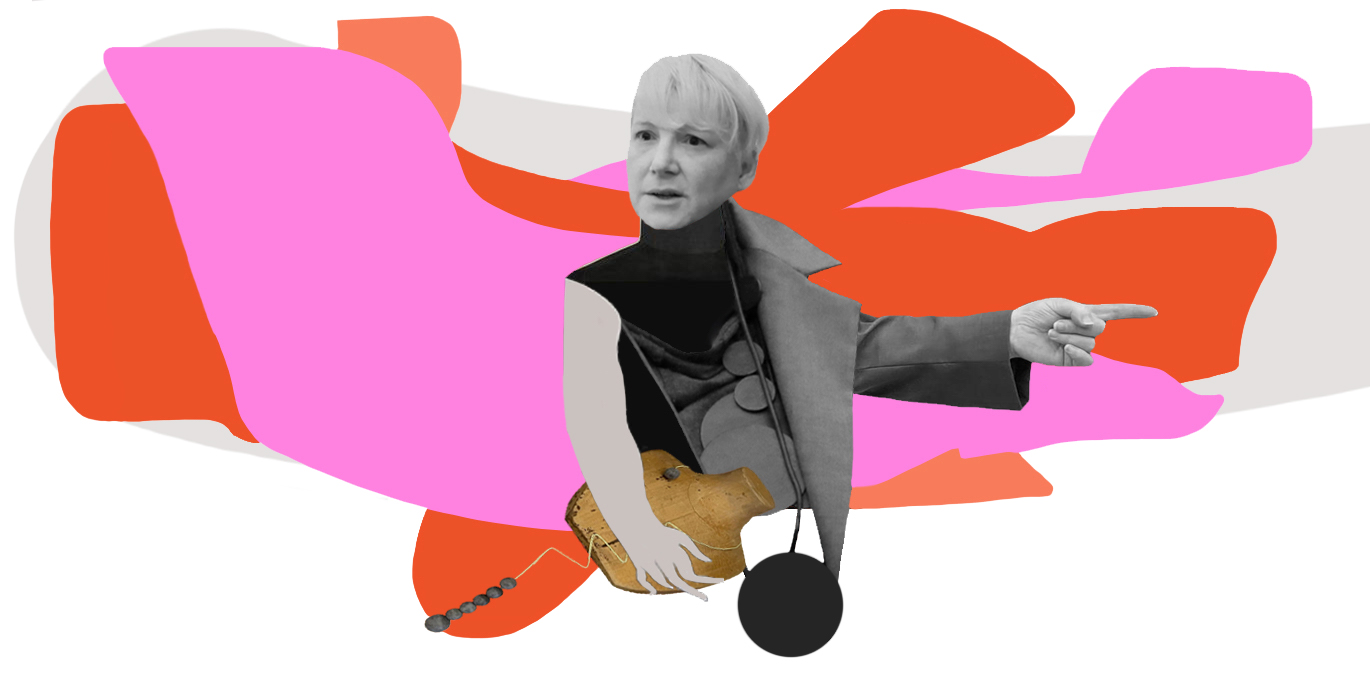
Natacha Kalfayan is a visionary artist who turns trash into treasure with her bold upcycled designs. A Lebanese-Egyptian-Armenian who moved to Armenia in 2006, she has redefined jewelry through her Made-vel-e brand—not just by teaching her team to craft unconventional pieces, but by championing an ideology of innovation and sustainability. Her creations, made from paper and other materials, defy and define gravity.
I never expected her work to find a place not only in my heart but also in my jewelry box. Yet, the glass-bubbled necklace I once feared would break has somehow survived for years and become one of my favorite statement pieces. With a multidisciplinary background spanning set design, fashion and interior design, Kalfayan’s innovative approach is reshaping Armenia’s design and production sectors, setting a new standard for creativity and market positioning.
Kalfayan’s vision extends beyond design; she is building an ecosystem that empowers women in Dilijan and beyond to create, connect and claim their place in Armenia’s growing design industry. Through her social and creative artisanal platform, Made-vel-e, she helps artisans create and market their own designs. Her hospitality initiative, Durr 32, trains and employs local women in hotel and catering services, while Crelab, a multidisciplinary laboratory, fosters mastery and skill-building across three regions of Armenia.
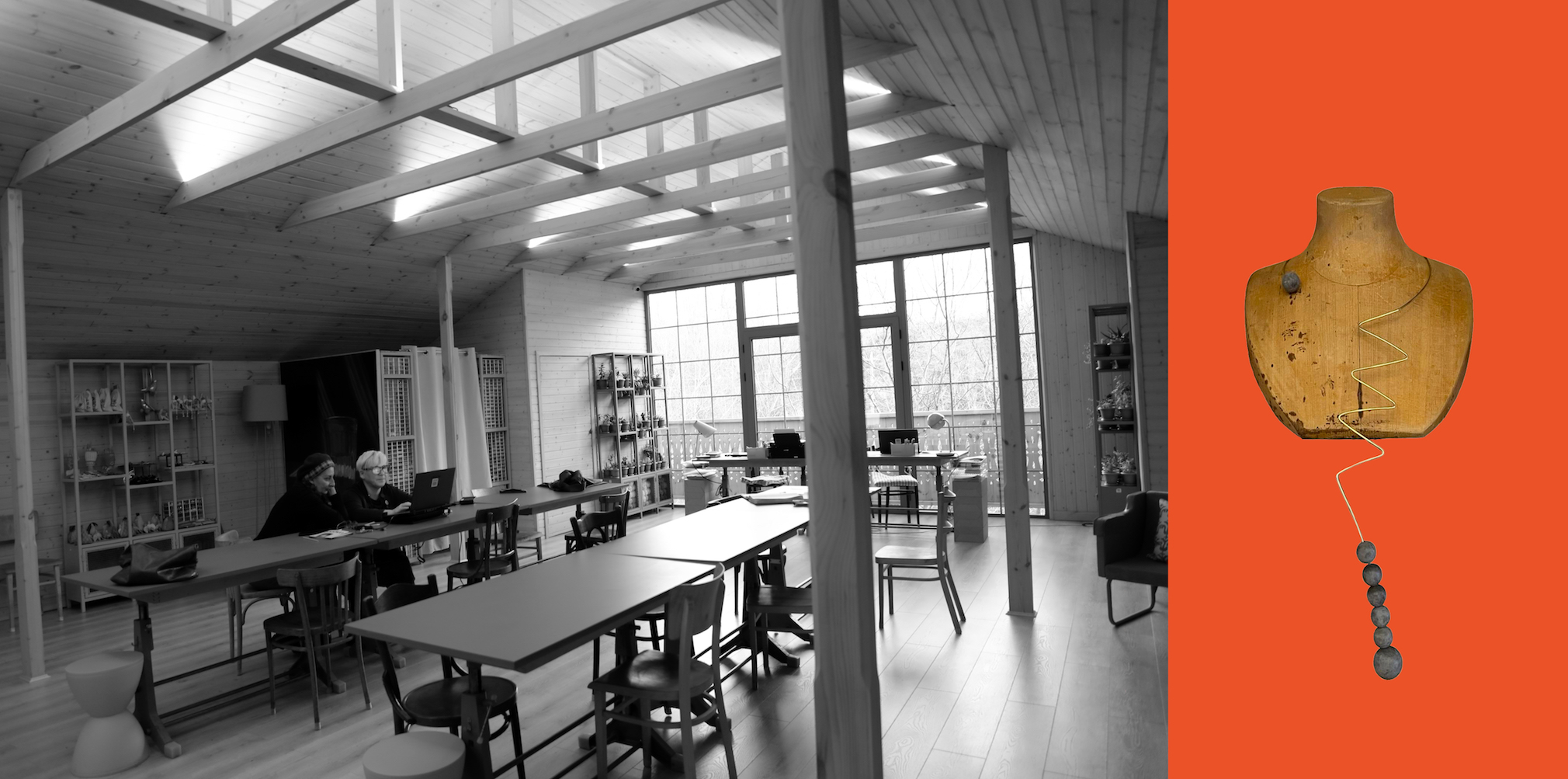
Natacha’s teaching style, rooted in her extensive experience and expertise, has made her not only an exceptional mentor but also a brand synonymous with art and bold ideas.
Growing up in Lebanon came with its own set of challenges, much like life in Armenia, where stability can shift in a matter of hours. Traveling to countries like the United States posed significant difficulties as well. “It was hard to get a visa as a girl on her own,” Natacha recalls. She was considering studying at Parsons School of Design in New York, but visa restrictions made it impossible. Instead, she pursued fashion and later interior design studies in Lebanon. After graduating, she received an award in the textile industry, which further solidified her place in the fashion world. This accolade opened doors for her to attend fashion weeks, learn from industry leaders, and refine her craft.
Natacha quickly found herself celebrated within Lebanon’s design community, earning admiration despite her efforts to remain an underground designer, shying away from the spotlight. Fame followed her regardless, and she established herself as a set designer for films and as an art director. Yet, despite her achievements and passion, a sense of unfulfillment lingered. The turning point came with the disbanding of her atelier team during the 2006 war in Lebanon, prompting her to reevaluate her path. Seeking a fresh start, she moved to Yerevan, even though she admits, “At that time, I didn’t know what Hayastan was.”
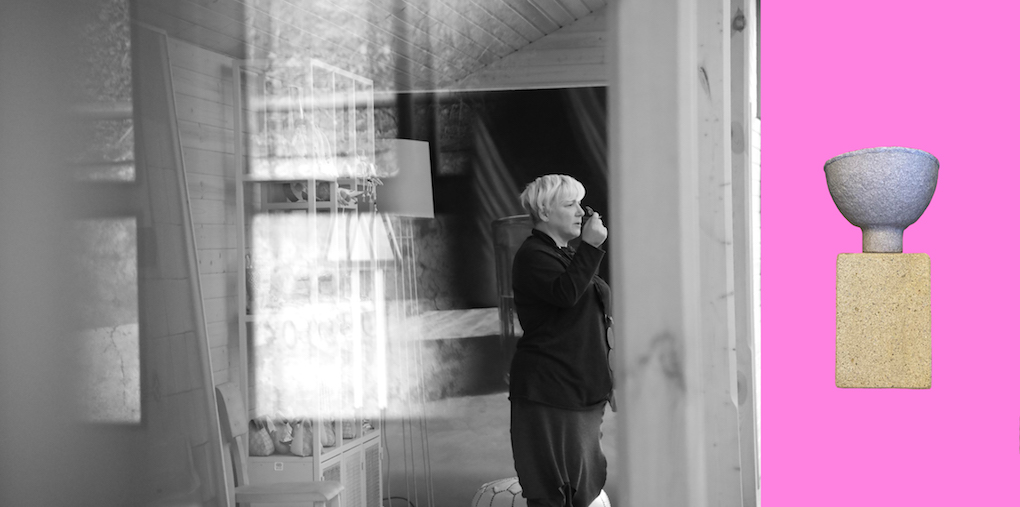
Upon her arrival in 2006, Natacha took on the role of construction project manager for Tumo, a project still in its infancy and without even a full name. Although she didn’t speak Armenian at the time, she worked closely with construction teams, contributing to the project’s design and overcoming language barriers with unwavering determination. One thing that defines Natacha Kalfayan is her belief in the impossible. Her work on the Tumo project and later in Dilijan marked pivotal moments in her career. Despite having a stable and comfortable position, she realized that it wasn’t her true calling.
While these milestones shaped her journey, Natacha’s mindset, grounded character, and creativity have fueled her large-scale success. “Problems are gifts,” she says. “If there is a problem, it means others have stumbled upon it too, and that means there’s an opportunity to create something new.” This approach has not only propelled her forward but also inspires others to fall in love with creative work and believe in themselves.
By immersing herself in social enterprise, Natacha discovered the true source of her happiness. It wasn’t money, fame, or titles—things she had already achieved in Lebanon—but the joy of seeing others unlock their potential. Reflecting on one of her proudest moments, she shared, “One of the happiest days of my life was when a woman from Made-vel-e came up to me and told me she sold an item. The spark in her eyes made me happy.”
In her jewelry-making workshops, Natacha creates an atmosphere that is both supportive and empowering, fostering trust and creativity among her students. “When I work with my students, I give them my trust, and it’s their choice what they’re going to do with it,” she says. “I believe the technique is easy—anyone can do it.” Her approach emphasizes building confidence gradually, ensuring that participants feel included and supported at every step.
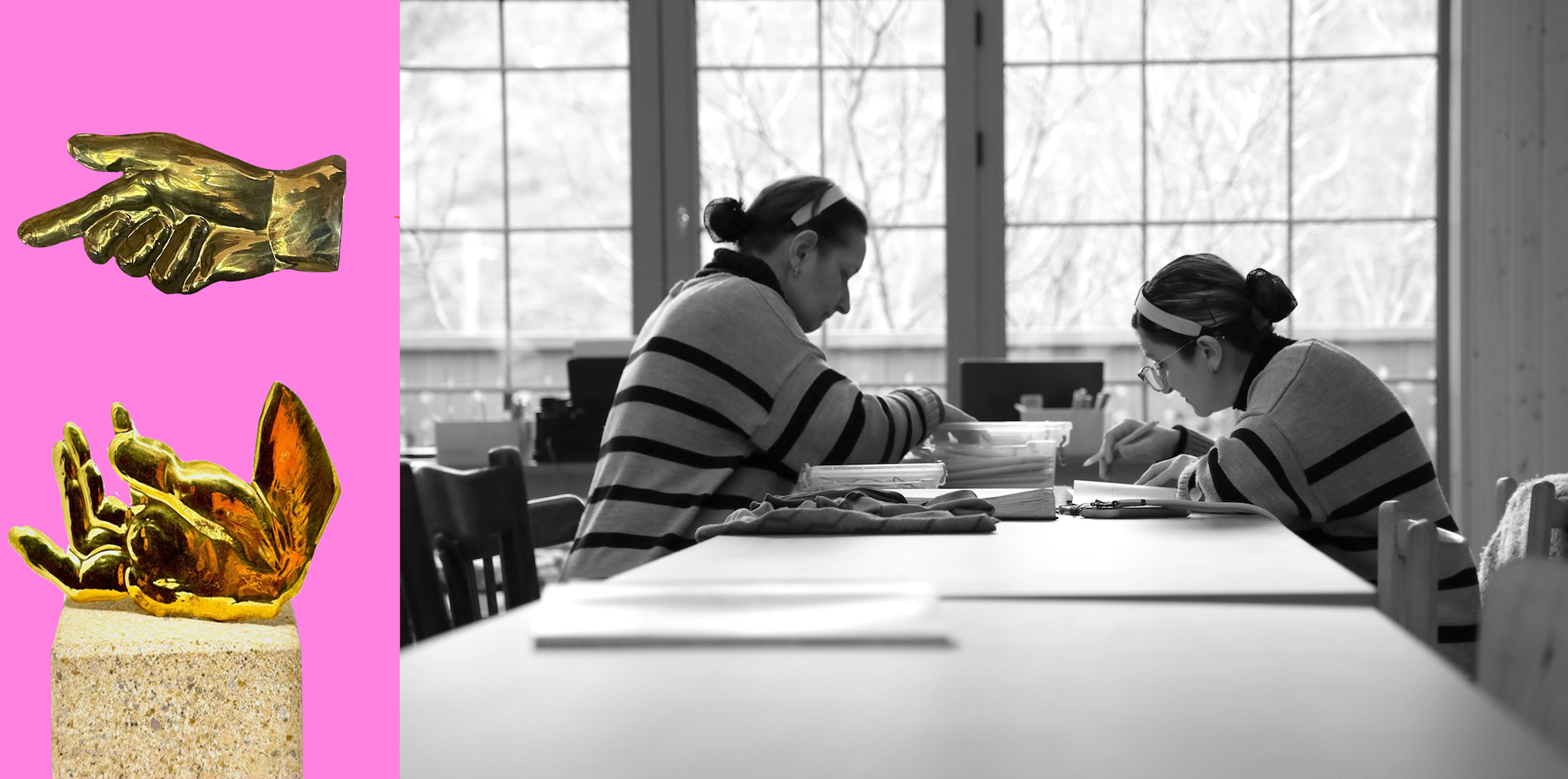
This philosophy is evident in her teaching style, where she breaks down complex ideas into simple, digestible steps and gradually increases the difficulty. She believes self-confidence grows through small victories, “If you expect a beginner to do hard things immediately, they’ll feel disappointed and lose trust in themselves,” she says. Her workshops reflect this mindset, focusing on gradual, tailored growth.
Natacha excels at connecting with people from vastly different backgrounds. Her ability to relate stems, in part, from her personal experiences as a student: “When I was little, I struggled with dyslexia. Some days I’d get 100%, and other days, 30%. People thought I was cheating. Even today, people sometimes treat my mispronunciations as a flaw, which can make me feel stupid. In my classroom, I don’t want anyone to feel stupid—I want them to feel included.”
Another defining aspect of Natacha’s teaching is her focus on mindset. “I always ask my students, ‘What do you choose? To go backward, stay where you are, or move forward?’ When they face a difficulty, I tell them to go to the cake store, celebrate the problem, and then make their choice,” she explains.
To maintain a healthy, creative space, Natacha enforces three golden rules in her workshops: no religion, no politics, no gossip. “Creativity can’t prosper in toxicity. People need to have fun during the process,” she explains. These principles foster a safe, collaborative environment, making Made-vel-e’s classes truly one of a kind.
One of the most intriguing aspects of Natacha Kalfayan is her candid confession: “I’m always jealous.” It’s a surprising admission coming from such an empathetic, hardworking, and relentlessly positive individual. However, Natacha doesn’t see jealousy as a flaw; instead, she views it as a powerful tool for growth. “We don’t need to suppress our emotions, but embrace them—that’s when change happens,” she explains. For her, jealousy is a choice: you can let it consume you or use it to fuel your drive for success and excellence.
A few years ago, when I was working at the Fashion and Design Chamber of Armenia, we had a project with Natacha, where she instructed women with no background in jewelry design to create their own pieces. The project and subsequent jewelry exhibition were later titled Trash to Treasure. Witnessing Natacha work and create inspired me deeply. In that thriving environment, everything felt possible. With her warm character and sense of humor, she encourages others to reach new heights. By the end of each workshop, it was clear how effortlessly everything came together. She moves seamlessly between guiding her team and crafting her own ideas, her energy magnetic and infectious.
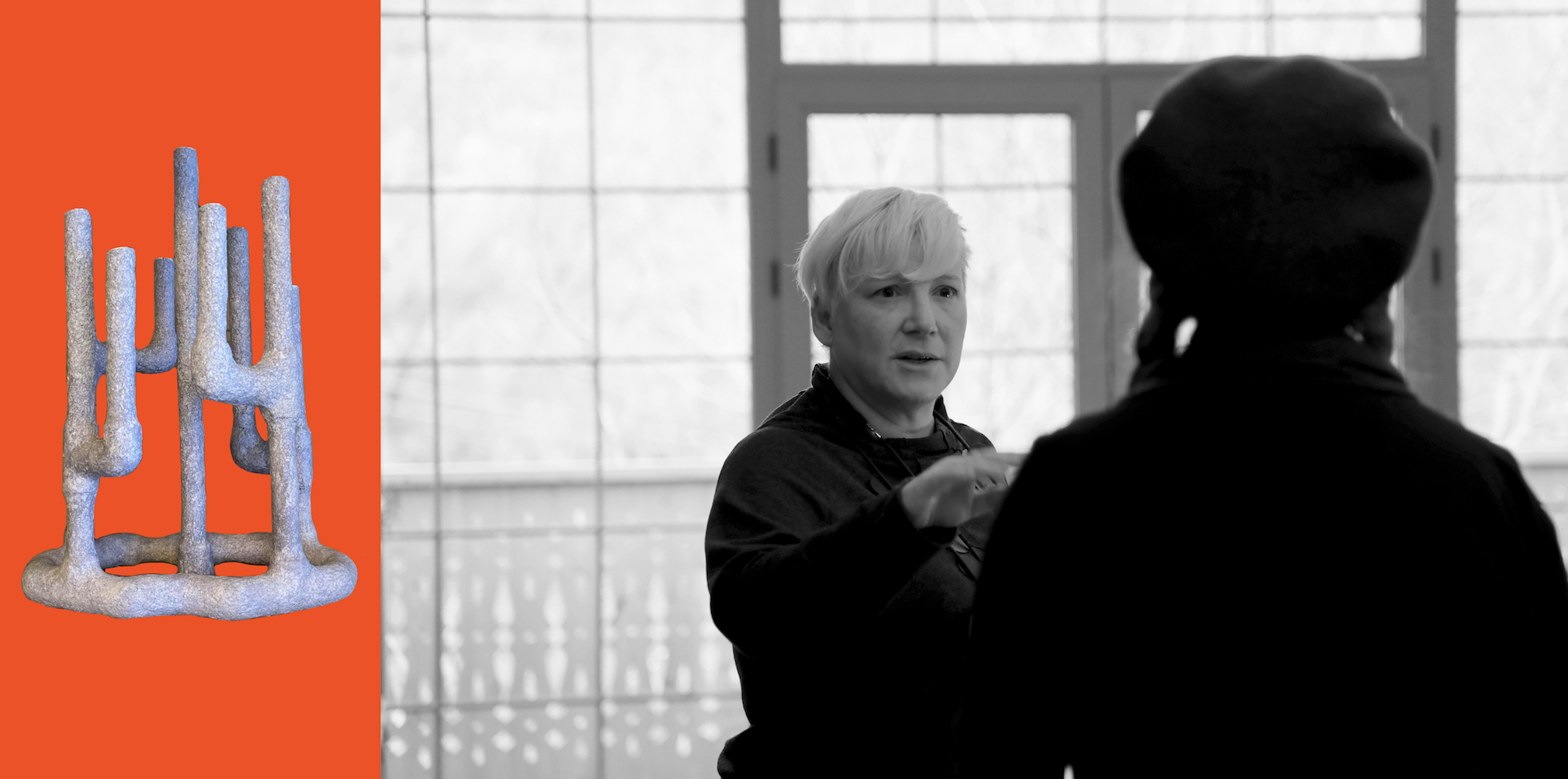
But how does one achieve truly unique designs, and is there ever really such a thing as a “one-of-a-kind” design? Her response was as thought-provoking as it was surprising: “If you say you’re not copying, you’re lying. We are all copies of everything we see. Take one percent of each inspiration and create new ideas, but don’t reinvent the wheel. Understand how to make it and then add your interpretation.” She elaborated, explaining that we are all a mosaic of influences—picking what we love from others and merging those elements to form something new. This blend of influences is what makes each of us unique thinkers and creatives.
Natacha is deeply engaged as she speaks, gesturing with her hands to emphasize each point. Her eyes sparkle when she talks about her team, the creative process, and their accomplishments. Her passion for fostering creativity is palpable, and she radiates a rare mix of warmth and determination that inspires everyone around her.
Meeting Natacha in person, it’s immediately clear where her drive comes from—her genuine care for the people she works with and her passion for creating something meaningful. But her story isn’t just hers alone. It’s also shaped by her partnership with her husband, Zeron, a jewelry designer with 25 years of experience, who supports Natacha every step of the way. Their relationship is built on mutual respect and a shared understanding of what it means to grow together.
“I always wanted freedom, but there’s no such thing as absolute freedom,” Natacha says. Her bold, freedom-loving nature is evident in everything she does: “For me, freedom means expecting nothing and relying on nothing.” Yet, despite her free-spirited outlook, she also confides, “The fact that he is next to me means everything in the world.”
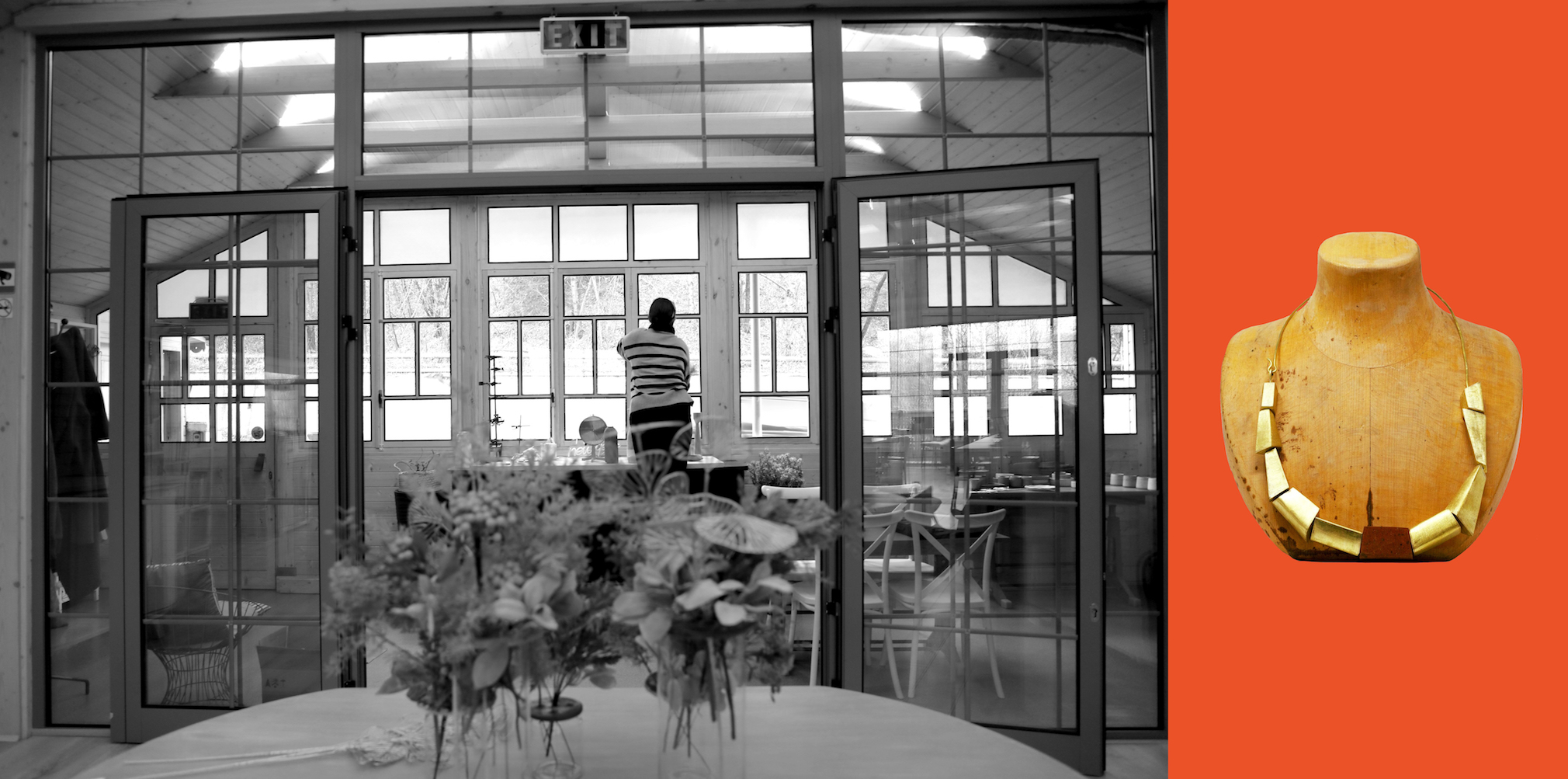
Their partnership isn’t about one relying on the other—it’s about standing side by side, ready to support each other through every challenge. Over the years, their bond has been a source of strength, allowing Natacha to take risks, build communities, and stay true to her values. Currently, Natacha is focused on nurturing these projects and the people behind them—it’s about empowering others to find their own paths. Whether it’s the women she works with in Dilijan within the Durr 32 project or the artisans she supports through Made-vel-e and Crelab, Natacha believes in giving people the tools to grow and thrive.
Natacha Kalfayan’s journey has been anything but easy. Building sustainable systems and fostering lasting change in rural areas comes with its challenges, but for Natacha, these obstacles aren’t deterrents—they’re motivations to press forward. Having visionaries like her in Armenia is a true privilege. With her boundless empathy, tireless work ethic, and transformative creativity, she’s reshaping the country’s design landscape while inspiring a new generation to dream bigger. Made-vel-e is more than a project; it’s a flourishing community with limitless potential.
Natacha’s story is a powerful reminder that creativity, compassion and perseverance can leave legacies that uplift entire communities and inspire the world.
Issue N2
Design & Recycling
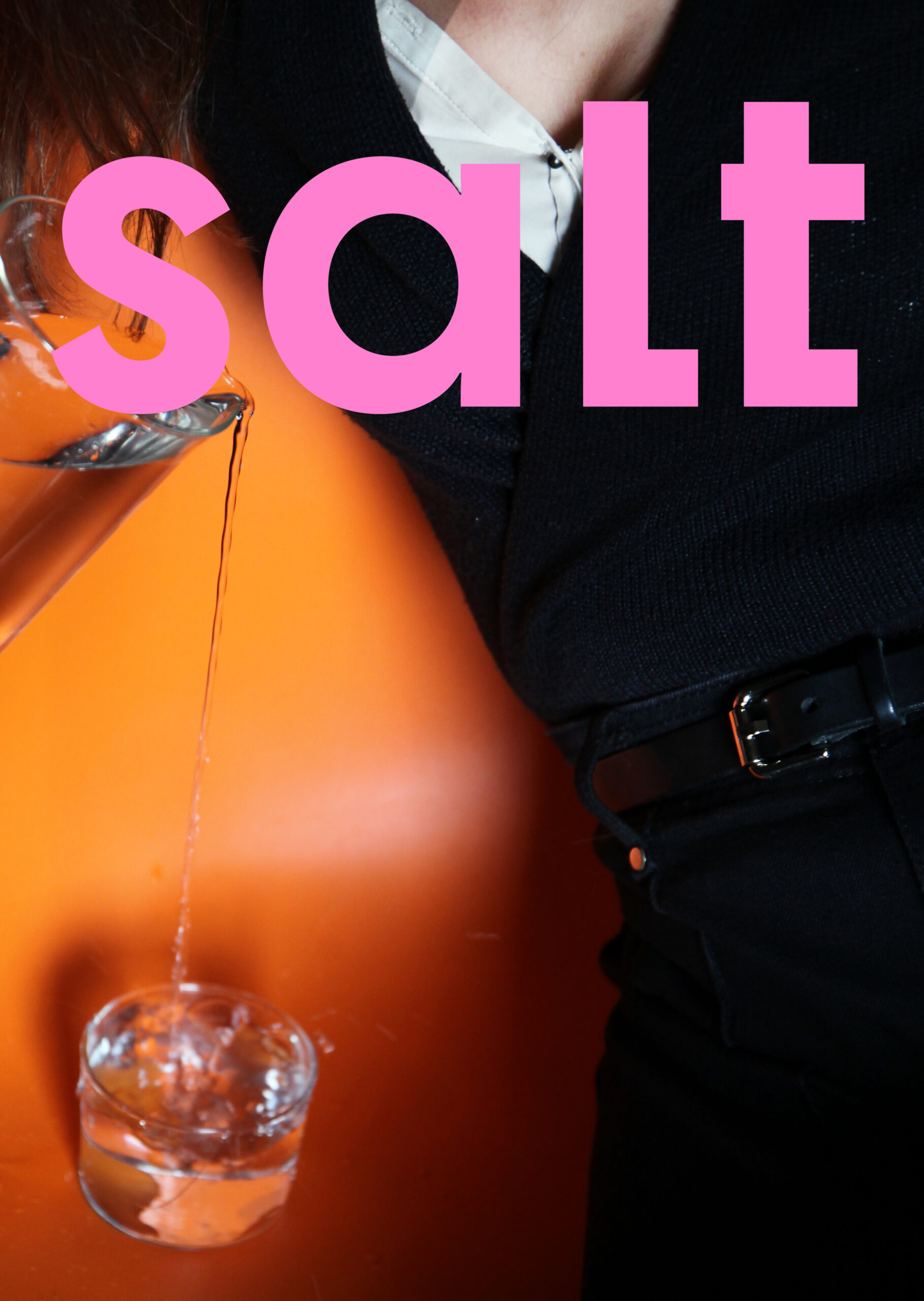







Thank you for the story, which helped me to discover what Natacha does. Natacha’s and Zeron’s work is amazing and necessary. I ran the first zero-waste restaurants in Armenia and thanks to your story Natacha and I met and agreed to collaborate. Keep introducing people like this couple.